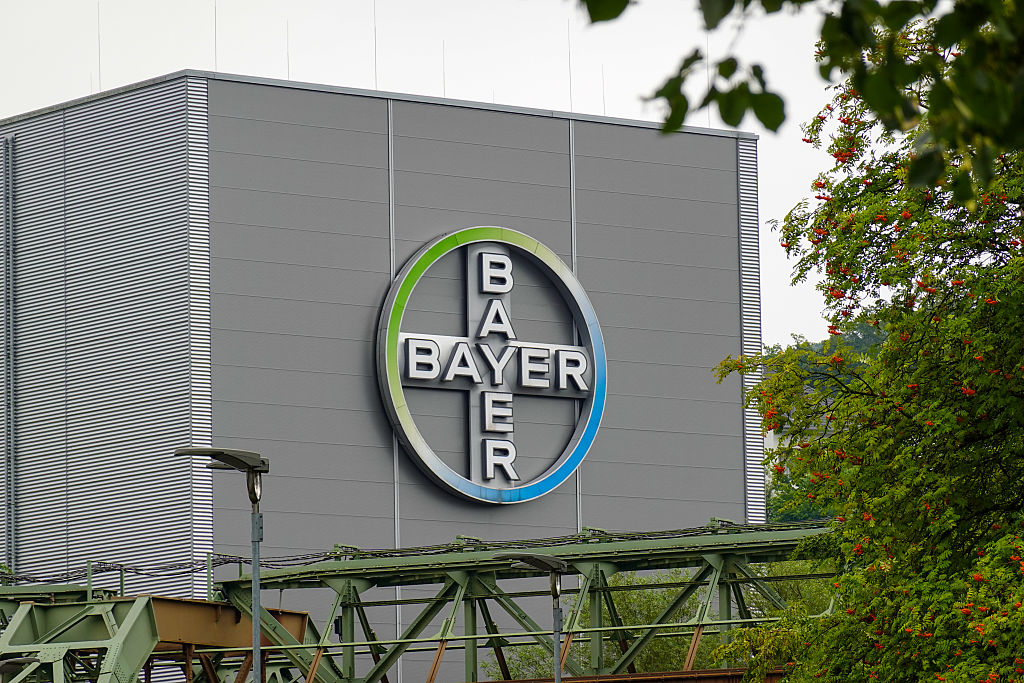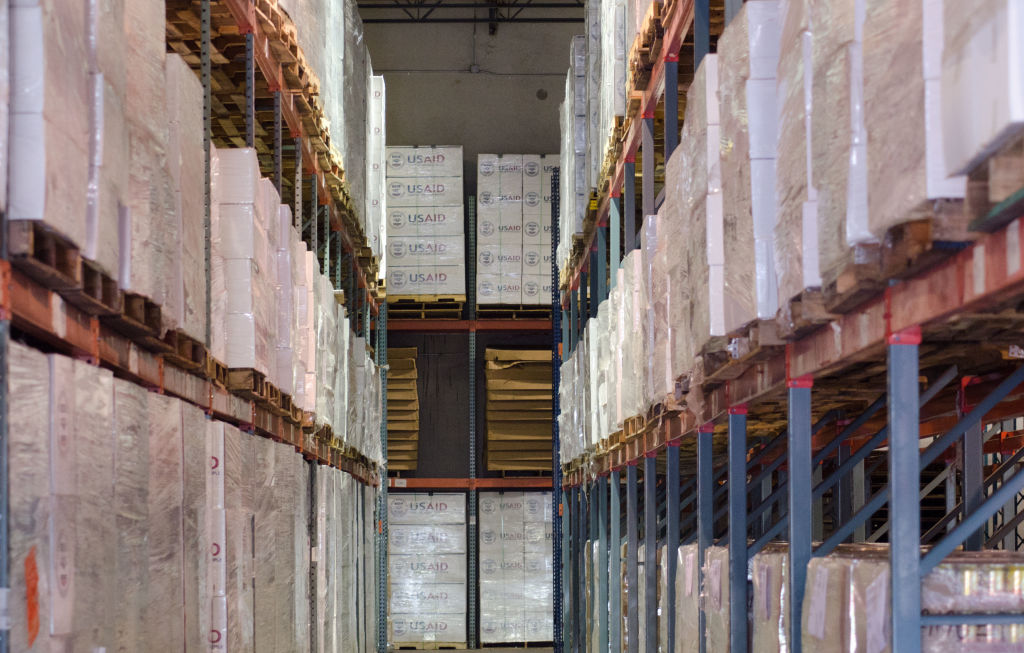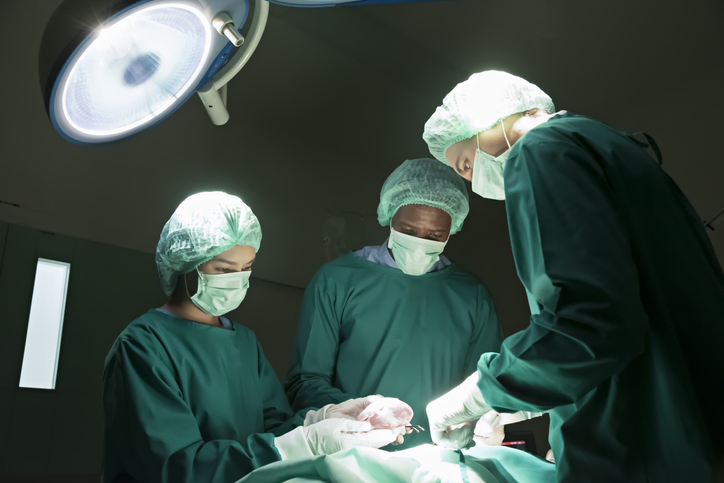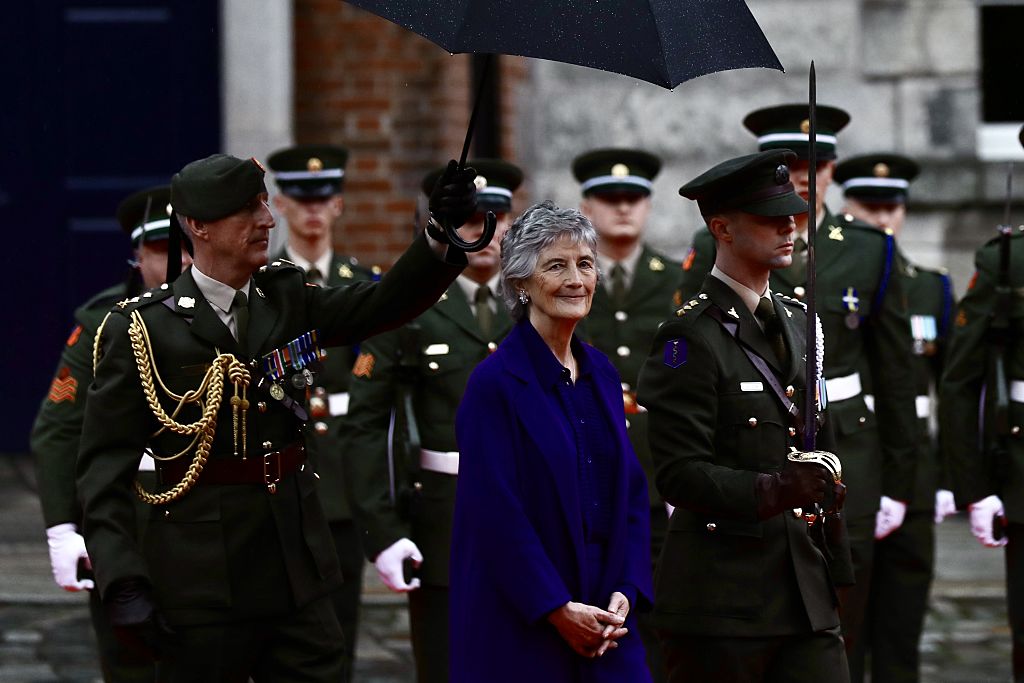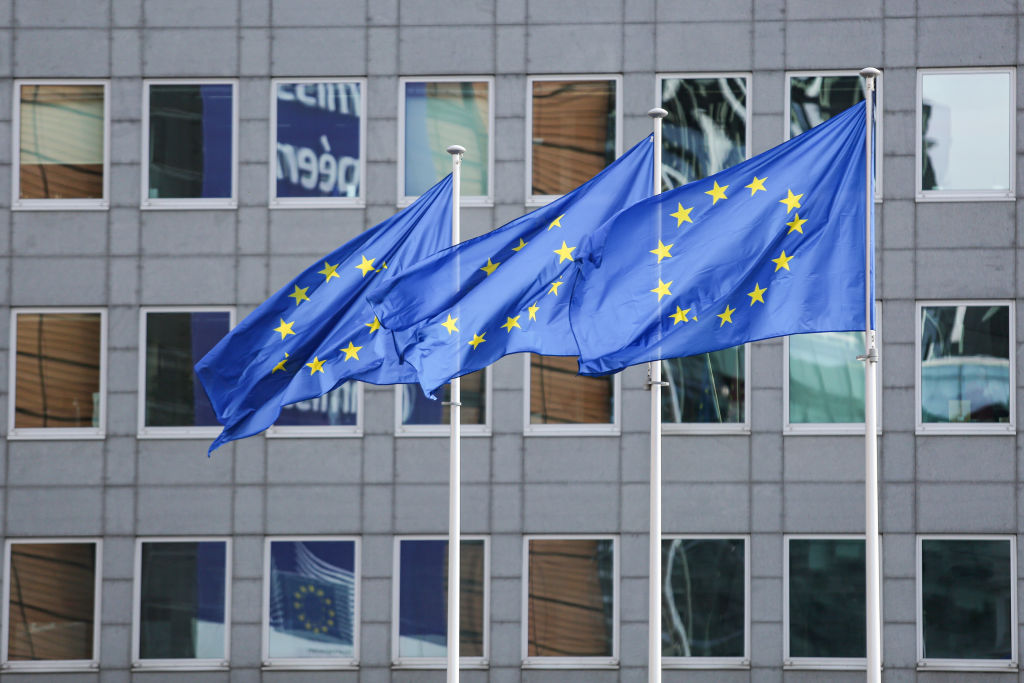Irish cancer services face ‘critical strain’ with funding and staffing shortfalls
Ireland’s cancer services were once ‘the jewel in the crown’ of the health service, but delayed diagnoses and staff shortages have diminished patient care

Ireland’s cancer services are facing mounting pressure from delayed diagnoses, regional disparities, and chronic staff shortages, according to testimony delivered before the Joint Committee on Health in the Irish Senate.
The hearing, convened to scrutinise the implementation of the National Cancer Strategy 2017-2026, revealed deep concerns about the sustainability of cancer care in the public health system.
The committee, chaired by Deputy Pádraig Rice, heard from representatives of the Irish Cancer Society and the Health Service Executive (HSE) in a session that underscored the urgency of renewed investment and strategic oversight.
“Cancer services were once the jewel in the crown of the health service and a good example of what could be achieved with sustained investment and political will,” Rice said, but he added that focus on the national cancer strategy had slipped.
‘A system under pressure’
Steve Dempsey, director of advocacy and communications at the Irish Cancer Society, painted a stark picture of the current landscape. He cited delays in diagnosis and treatment, uneven access across regions, and a lack of transparency in funding allocations as key challenges.
“We are seeing a system under pressure,” Dempsey told the committee. “We are seeing delays in diagnosis and treatment, and we are seeing regional inequalities in access to services. We are also seeing a lack of clarity around funding and how it is being allocated.”
Dempsey called for a ring-fenced budget for cancer services in 2026, arguing that without dedicated funding, the National Cancer Strategy risks becoming “a document on a shelf rather than a living strategy.”
Amy Nolan, director of clinical affairs at the Irish Cancer Society, echoed these concerns, highlighting the impact of workforce shortages on patient outcomes.
“We are seeing significant gaps in staffing, particularly in oncology nursing and radiology,” Nolan said. “These gaps are leading to delays in care and increased stress for patients and staff alike.”
Regional disparities, missed targets
Several committee members raised concerns about geographic inequities in cancer care. Deputy Marie Sherlock noted that patients in rural areas often face longer wait times and limited access to specialist services.
“We are hearing from constituents who are waiting months for diagnostic tests and even longer for treatment,” Sherlock said. “This is simply unacceptable.”
Deputy David Cullinane, Sinn Féin’s health spokesperson, criticised the government’s failure to meet key targets outlined in the National Cancer Strategy.
“We are now eight years into a ten-year strategy, and many of the targets have not been met,” Cullinane said. “There is a lack of accountability and a lack of urgency.”
Cullinane also questioned the HSE’s transparency in reporting progress, calling for more granular data on service delivery and outcomes.
HSE defends progress
Damien McCallion, chief technology and transformation officer at the HSE, defended the agency’s record but acknowledged the challenges facing cancer services.
“We have made significant progress in some areas, including the expansion of rapid access clinics and improvements in survival rates,” McCallion said. “However, we recognise that there are areas where we need to do better, particularly in workforce planning and regional equity.”
McCallion said the HSE was working to improve data collection and reporting, and that a review of the National Cancer Strategy was underway.
“We are committed to transparency and to ensuring that the strategy remains relevant and responsive to current needs,” he said.
However, McCallion stopped short of committing to a ring-fenced budget for cancer services, citing broader fiscal constraints.
“Funding decisions are made at a national level, and while we advocate for adequate resources, we must operate within the parameters set by government,” he said.
Calls for political leadership
Senator Tom Clonan, an independent senator and former army officer, called for stronger political leadership on cancer care.
“This is not just a health issue; it is a matter of national importance,” Clonan said. “We need a whole-of-government approach to ensure that cancer services are adequately funded and staffed.”
Clonan also raised concerns about the psychological toll on patients navigating a fragmented system.
“We are asking people to fight cancer while also fighting the system,” he said. “That is not acceptable.”
Senator Nicole Ryan urged the committee to consider the broader social determinants of health, including poverty and access to education, in shaping cancer policy.
“We cannot look at cancer care in isolation,” Ryan said. “We need to address the root causes that contribute to poor health outcomes.”
Strategy at a crossroads
The National Cancer Strategy 2017–2026 was launched with ambitious goals, including reducing cancer incidence, improving survival rates, and enhancing patient experience. But with just over a year remaining in its timeline, stakeholders warn that without decisive action, many of its objectives may remain unmet.
“We are at a crossroads,” said Dempsey. “We can choose to invest in cancer services and deliver on the promise of the strategy, or we can continue to let it drift.”
The Irish Cancer Society urged the committee to recommend a comprehensive review of the strategy’s implementation, including independent oversight and public reporting.
“We need to know what has been achieved, what has not, and why,” Nolan said. “Only then can we chart a path forward.”
Committee Chair Rice pledged to bring the concerns raised to the attention of the Minister for Health and to advocate for increased funding in the upcoming budget. The committee is expected to publish a report summarising its findings and recommendations in the coming weeks.
New funding
Ireland’s Department of Health recently announced a record €27.4 billion health budget for 2026, representing a €1.5 billion increase on the previous year as the government seeks to tackle regional disparities and strengthen cancer services.
The plan allocates resources to six Health Regions to improve equity of access, alongside the recruitment of 3,300 additional staff to support seven-day service delivery. Primary care will receive €217 million, including €30 million for new medicines, some of which are expected to include oncology treatments. Funding will also target screening programmes, a cornerstone of early cancer detection.
Separately, the Community Pharmacy Agreement 2025, announced in September, commits €75 million over two years to expand pharmacy-led services. Measures include a greater role in bowel screening, integration with national eHealth systems such as electronic prescriptions and health records, and investment in workforce training to improve cancer-related medication management.
(VA)
